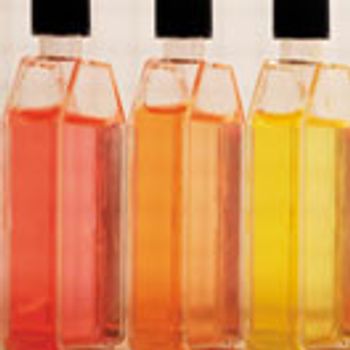
Industry experts provide insights on the challenges and importance of using buffers in downstream processing.

Industry experts provide insights on the challenges and importance of using buffers in downstream processing.

Novasep is building a new synthesis laboratory and adding capacity for kilogram-scale batches of synthetic molecules that are needed for biological testing and preclinical trials, at its Pennsylvania, US facility.
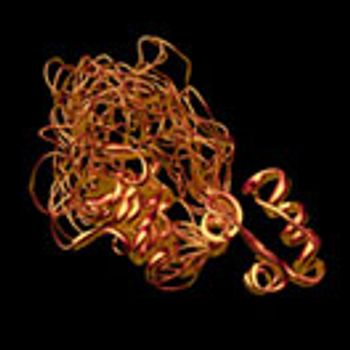
The authors explore the use of precipitation using polyvinyl sulfonic acid and zinc chloride in place of capture chromatography to reduce the cost of goods in the insulin manufacturing process.
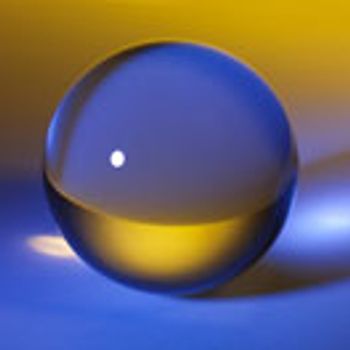
BioPharm International sat down with Kevin Isett, PhD, co-founder and CEO of Avitide, to find out why he thinks the company’s tailored approach to purification resins will change the face of biopharmaceutical separation.

A new consortium involving Arecor, FUJIFILM Diosynth Biotechnologies and the Center for Process Innovation will focus on formulation innovation as a way to improve downstream processing and reduce biopharmaceutical cost.

The UK’s National Biologics Manufacturing Centre will use Novasep’s BioSC Lab for protein purification.
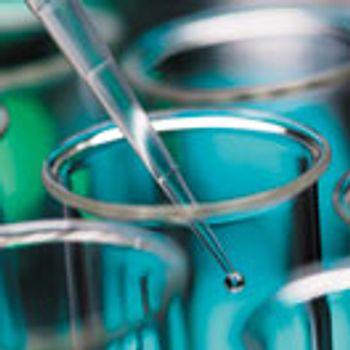
This case study reviews how quality-by-design principles can be implemented in an intermediate chromatography purification step that uses cation-exchange chromatography.Abstract
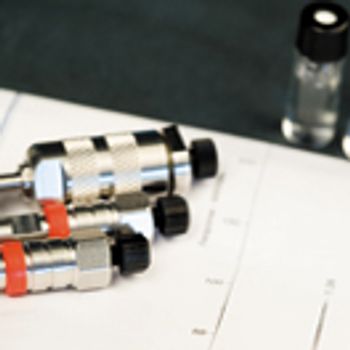
Industry experts discuss the development of process chromatography in bioprocessing.
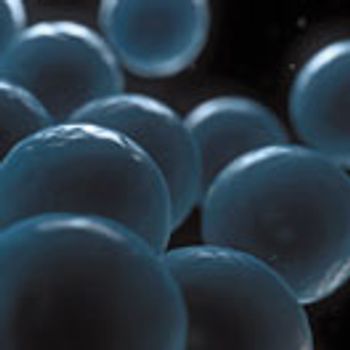
New single-use technologies and other filtration systems are beginning to address cost, throughput, and manufacturing footprint demands.

The company’s purification platform is thought to reduce the number of purification steps that are currently required for the manufacture of complex therapeutics.

Optimization of each phase in a chromatographic cycle has a positive impact on productivity.

The new sizes follow the 2014 launch of the company’s fully disposable purifier.

The new column features Natrix’s signature macroporous hydrogel.

BioSC Lab biochromatography system performs protein purification in batch and continuous modes.

Removal of microorganisms is crucial when working with biologics. Sterile filtration offers a reliable, safe, and effective way to ensure product integrity.

Higher cell densities, greater demand for high-performance viral clearance, and desire for large-scale single-use technologies are driving development of filtration technologies.

The single-use clarification system eliminates centrigues; harvesting can be performed in one step; and process robustness and predictability are ensured.

Pall’s acquisition of BioSMB from Tarpon Biosystems expands its downstream continuous processing offerings.
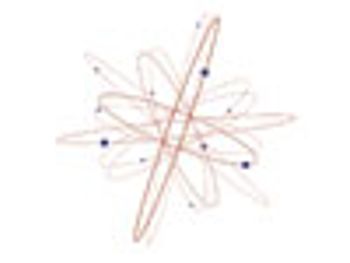

Large-scale implementation of Protein A chromatography offers several challenges.
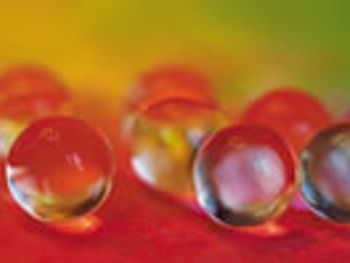
Recent technological advances in the way biologic therapeutics are purified may bring size-exclusion chromatography back into the modern purification process.
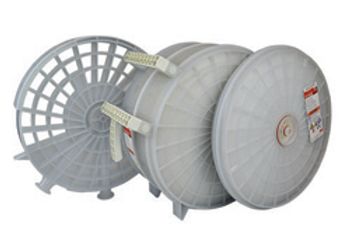
The all-synthetic clarifying product line contains both an anion-exchange nonwoven media and a fine-particle, bioburden reduction membrane.
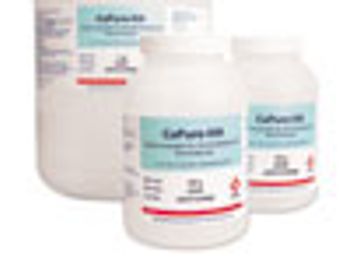
Tosoh Bioscience’s CaPure-HA hydroxyapatite chromatography resin is designed for the purification of monoclonal antibodies, polyclonal antibodies, and antibody fragments, and the separation of antibody isoforms and isozymes.
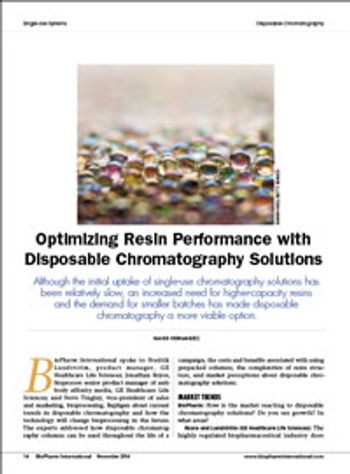
An increased need for higher-capacity resins and the demand for smaller batches has made disposable chromatography a more viable option.
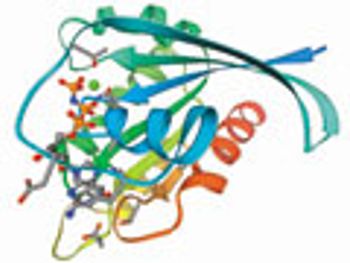
Careful selection of downstream processing conditions is a must.